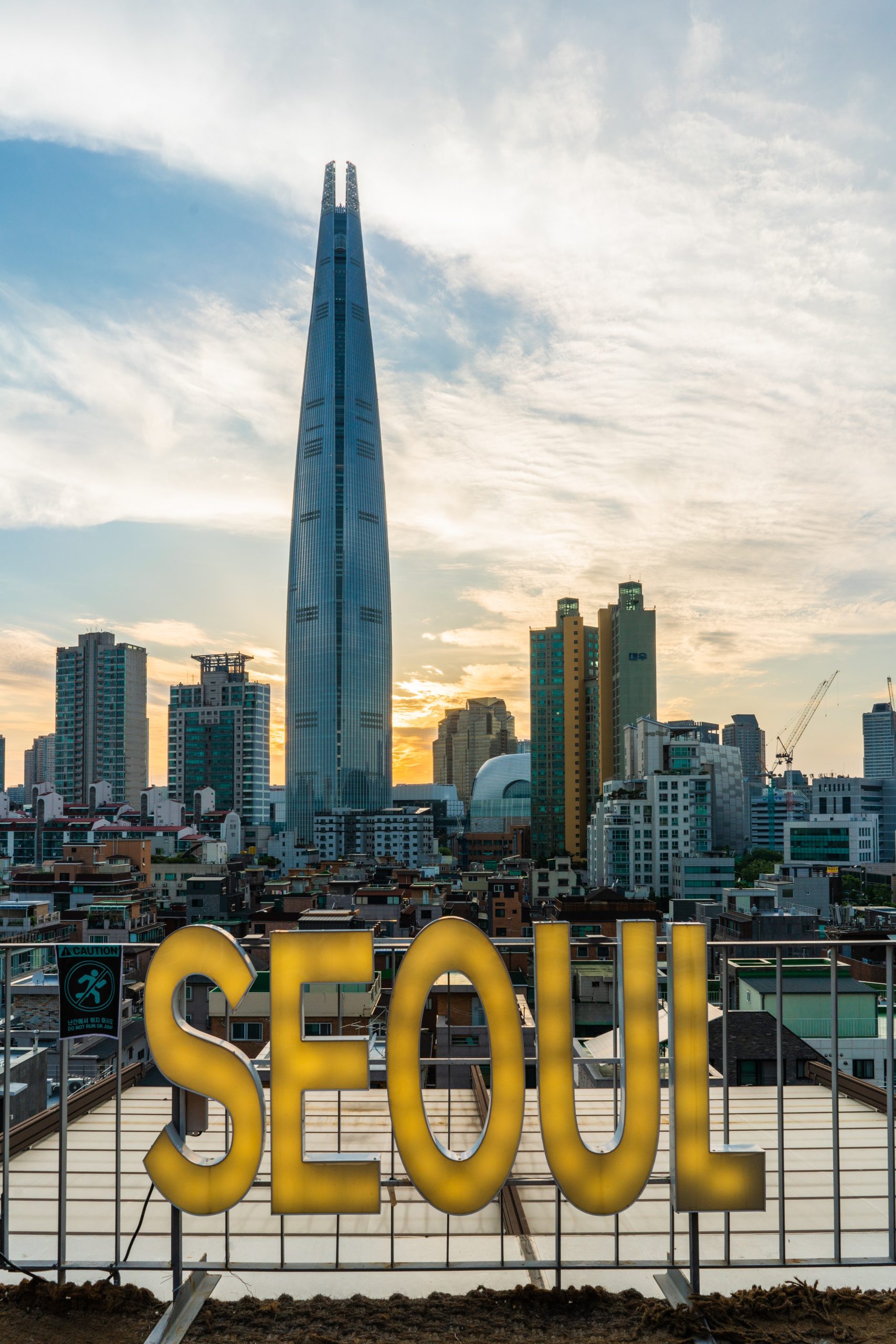Pros and Cons of Living in Seoul, South Korea

Introduction:
Seoul, the bustling capital city of South Korea, is a vibrant metropolis that blends modernity with rich cultural traditions. Living in Seoul offers a unique experience, but it also comes with its own set of advantages and challenges. We will delve into the pros and cons of residing in this dynamic Asian city.
Pros:
1. Strong Economy and Job Opportunities:
Seoul is the economic powerhouse of South Korea and a global business hub. The city offers a wide range of job opportunities across various sectors, including technology, finance, entertainment, and manufacturing. Residents have access to a competitive job market and the potential for career growth.
2. Rich Cultural Heritage:
Seoul is steeped in history and boasts a rich cultural heritage. The city is home to numerous historical sites, palaces, and traditional markets that offer glimpses into the country’s past. Residents can immerse themselves in Korean traditions, festivals, and cuisine, experiencing the unique charm of the city.
3. Modern Infrastructure and Technology:
Seoul is known for its advanced infrastructure and technology. The city offers a seamless transportation system, including an extensive subway network, buses, and taxis. Residents benefit from efficient public services, high-speed internet connectivity, and state-of-the-art amenities.
4. Safety and Security:
South Korea has one of the lowest crime rates in the world, and Seoul is considered a safe city to live in. Residents can enjoy a sense of security and peace of mind while navigating the streets and public spaces.
5. Excellent Education System:
Seoul is renowned for its high-quality education system, which includes prestigious universities and schools. The city’s commitment to education ensures that residents have access to top-notch educational institutions and a range of academic opportunities.
6. Convenient Public Transportation:
Seoul’s public transportation system is well-developed and efficient. The subway system, buses, and taxis provide convenient options for navigating the city and its surrounding areas. Commuting is relatively easy, and residents can explore Seoul’s diverse neighborhoods with ease.
7. Shopping and Entertainment:
Seoul is a shopper’s paradise, offering a wide array of retail options, from bustling markets to modern shopping malls. The city is also known for its vibrant entertainment scene, including K-pop music, theater, and art performances. Residents can enjoy a rich cultural and entertainment experience.
Cons:
1. Cost of Living:
Living in Seoul can be relatively expensive, particularly in terms of housing. Rental prices and property costs are relatively high, especially in desirable neighborhoods. Other expenses, such as dining out and entertainment, can also contribute to the overall cost of living.
2. Competitive Job Market:
While Seoul offers abundant job opportunities, the job market can be highly competitive. Fluency in the Korean language is often required for many positions, particularly in traditional industries. Non-Korean speakers may face challenges in certain job sectors.
3. Fast-Paced Lifestyle:
Seoul is a city known for its fast-paced lifestyle. The work culture can be demanding, with long hours and a strong emphasis on productivity. The fast pace may be exhilarating for some, but it can also lead to stress and burnout for others.
4. Language Barrier:
Korean is the official language of South Korea, and proficiency in the language is essential for effective communication and integration. Non-Korean speakers may face challenges in daily interactions, particularly when dealing with administrative matters or in more remote areas with limited English proficiency.
5. Air Pollution:
Seoul experiences air pollution, primarily due to high population density, industrial activities, and neighboring countries’ emissions. Poor air quality can affect individuals with respiratory conditions and may require precautions such as wearing masks during periods of pollution.
6. Limited Personal Space:
Seoul’s population density can lead to smaller living spaces compared to suburban areas. Apartments and houses may have limited square footage, which can impact personal space and storage options.
7. Cultural Adjustment:
Adjusting to a new culture and societal norms can be a challenge, particularly for expatriates. Korean society has its own unique customs and practices that may differ from those in other parts of the world. Understanding and respecting these cultural nuances is essential for seamless integration.
Conclusion:
Living in Seoul offers a unique blend of rich cultural heritage, economic opportunities, and modern amenities. However, it’s important to consider factors such as the cost of living, competitive job market, and potential language barrier. By carefully evaluating the pros and cons, individuals can make informed decisions about whether Seoul is the right place for them to call home.



